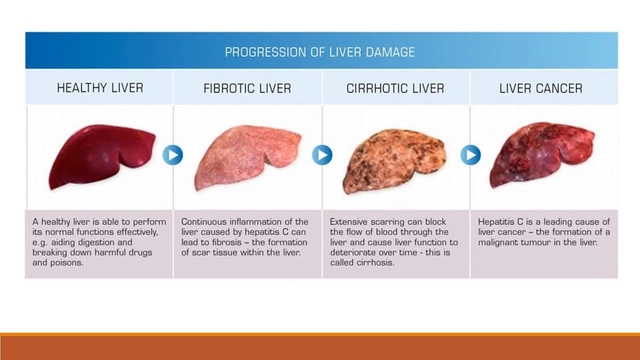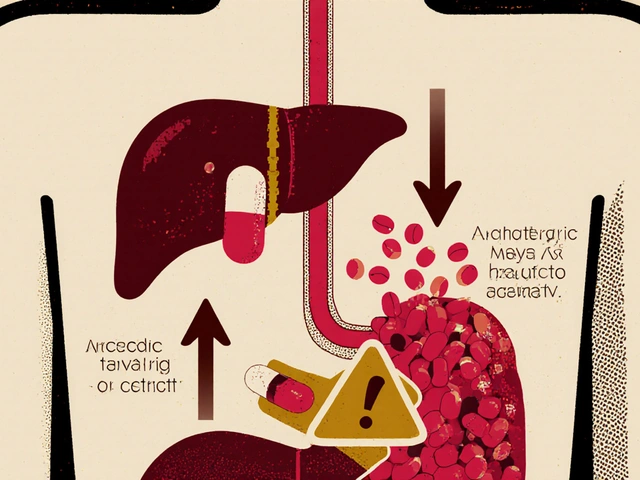Emtricitabine (FTC): A Practical Guide for Patients
Emtricitabine, usually called FTC, is a widely used antiretroviral medicine. You’ll most often see it combined with tenofovir in drugs for HIV treatment and for pre-exposure prophylaxis (PrEP). This page explains what FTC does, typical dosing, common side effects, and straightforward tips so you know what to watch for.
How it works and common uses
FTC is a nucleoside reverse transcriptase inhibitor (NRTI). That sounds technical, but simply put: it blocks HIV from copying itself inside your cells. Doctors prescribe FTC as part of multi-drug regimens to treat HIV or as part of PrEP to lower the risk of getting HIV if you’re exposed. Popular combinations include FTC with tenofovir disoproxil fumarate or tenofovir alafenamide—these are sold under brand names like Truvada and Descovy in many places.
Typical adult dosing for FTC is one 200 mg tablet once daily. For PrEP, the same daily schedule applies. Never change dose or stop taking FTC without checking with your clinician—stopping suddenly can cause problems, especially if you also have hepatitis B.
Safety, side effects, and practical tips
Common side effects are usually mild: headache, nausea, diarrhea, and sometimes trouble sleeping. Some people notice skin discoloration on the palms or soles—it's harmless but can be surprising. Serious reactions are rare but include lactic acidosis and liver problems; these are more likely if you already have liver disease or take certain other medicines.
One important safety point: FTC suppresses hepatitis B virus too. If you have hepatitis B and stop FTC suddenly, your hepatitis can flare. That’s why providers check for hepatitis B before starting or stopping therapy. Your doctor will also monitor kidney function, since tenofovir combinations can affect the kidneys.
Drug interactions are limited, but always tell your clinician about all medicines and supplements you take. Some older HIV drugs and certain acid-reducing agents may need timing adjustments. If you’re pregnant or planning pregnancy, discuss FTC with your provider—FTC is commonly used in pregnancy for HIV treatment, but your clinician will choose the best regimen for you.
Practical everyday tips: take FTC at the same time every day to avoid missed doses; use a pill box or phone reminder. If you miss one dose, take it as soon as you remember unless it’s almost time for the next dose—don’t double up. Store tablets in a cool, dry place and keep them out of reach of children.
Thinking of getting FTC online? Only use licensed pharmacies and keep your prescription. If cost or access is a problem, ask your clinic about patient assistance programs or local resources. When in doubt, ask your healthcare provider—FTC works best when it’s part of a plan that includes regular testing and monitoring.

Explore how emtricitabine, a key medication for HIV treatment, impacts mental health. Learn how to navigate the journey of living with HIV while maintaining a healthy mind. Discover practical tips for coping and thriving, despite the challenges. Delve into the connection between HIV medications and mental well-being. Empower yourself with knowledge to support your mental health journey.
Continue Reading





